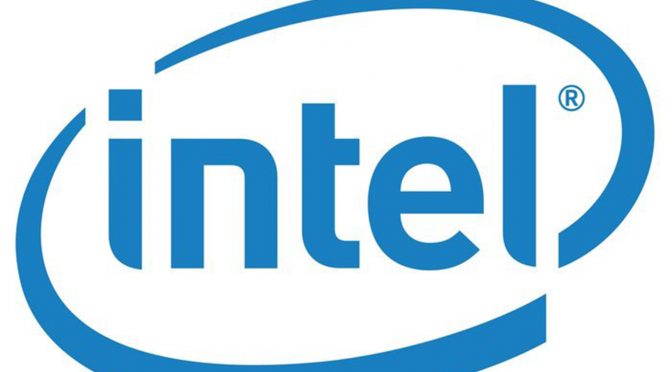We all know that Intel is currently working on its first discrete graphics card that is planned to be released by the end of 2020. And yesterday, the blue team announced Odyssey; a series of events built around a passionate community, focused on improving graphics and visual computing for everyone, from gamers to content creators.
There will be multiple Odyssey events on different locations and those interested can already sign up in order to participate. Participants will hear the latest reports first and they will have access to some amazing offers and exclusive giveaways. Moreover, they will have the opportunity to receive the Intel Gaming Access newsletter which gives gamers a VIP pass to killer deals and freebies, preferred beta access, the latest gaming news, and more.
Intel will be sharing news and information about its graphics and visual computing efforts from now through 2020 and beyond. The team claims that it will be listening to feedback, and hopefully finding technical enthusiasts who might want to help it with beta testing and things like that.
Intel has also released a video dedicated to its Odyssey events that you can find below. Those interested can sign up in order to participate in an event near their city by visiting its official page.
Enjoy and stay tuned for more!
This is more than a journey. It is an Odyssey to improve visual computing experiences. But we can’t do it alone. We invite our community to join us. https://t.co/aj1vaq79vr #JoinTheOdyssey pic.twitter.com/s0uQcChWJ6
— Intel Graphics (@IntelGraphics) February 20, 2019

John is the founder and Editor in Chief at DSOGaming. He is a PC gaming fan and highly supports the modding and indie communities. Before creating DSOGaming, John worked on numerous gaming websites. While he is a die-hard PC gamer, his gaming roots can be found on consoles. John loved – and still does – the 16-bit consoles, and considers SNES to be one of the best consoles. Still, the PC platform won him over consoles. That was mainly due to 3DFX and its iconic dedicated 3D accelerator graphics card, Voodoo 2. John has also written a higher degree thesis on the “The Evolution of PC graphics cards.”
Contact: Email

